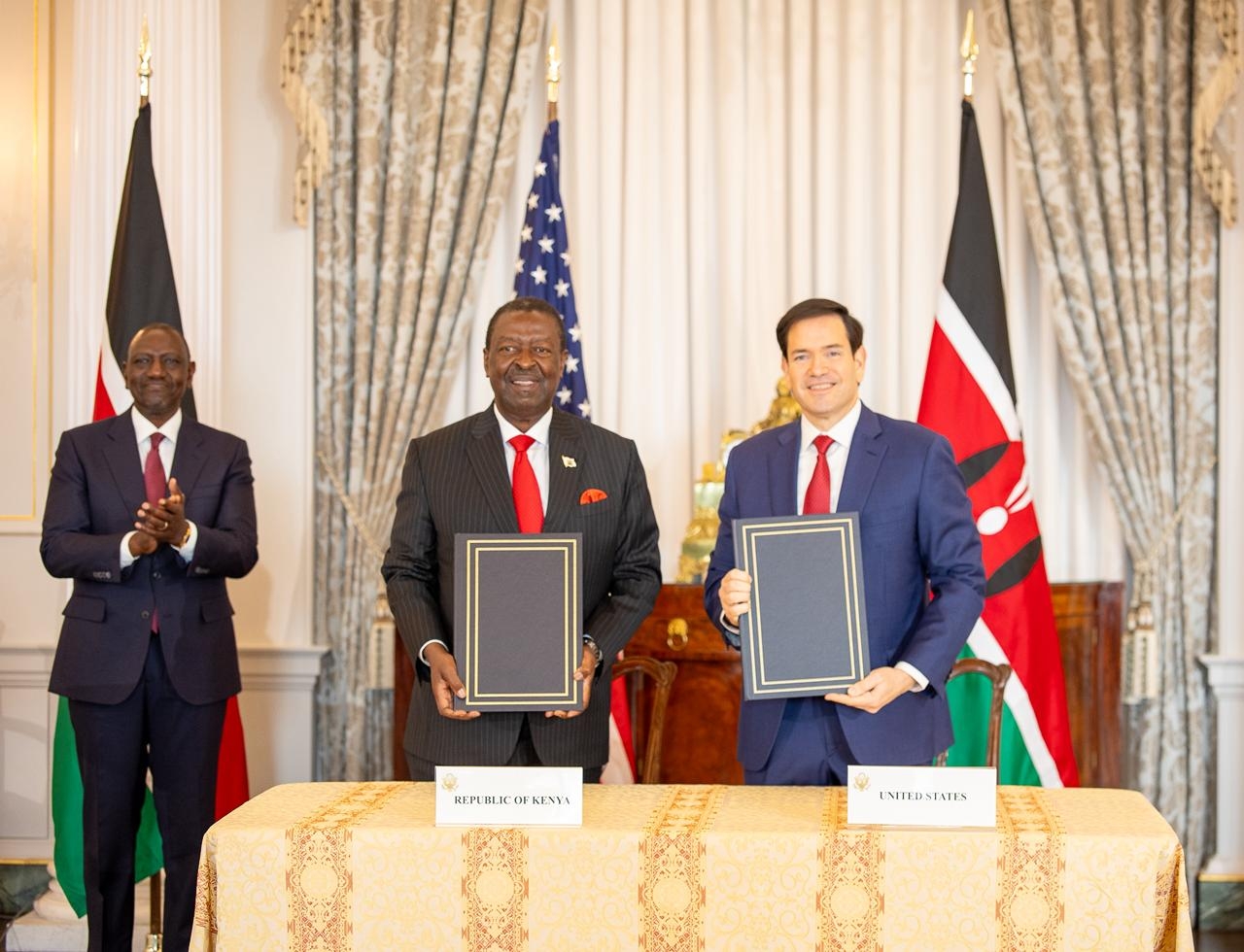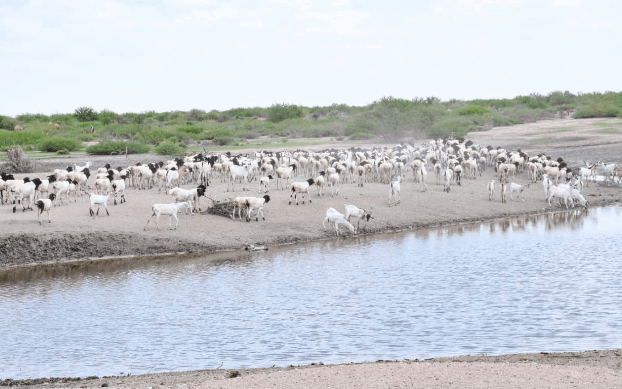A standard guideline for coding all qualifications in the country will go a long way in providing an accurate picture for policy, decision-making; and developing the provision of skills needed in the Country, Kenya National Qualifications Authority (KNQA) Director General Alice Kande has said.
Speaking during an online wider stakeholders validation workshop for the Kenya National Qualifications Coding Standard (KNQCS), Kande said the development of the policy is in line with the Authority’s strategic plan, Kenya Vision 2030 and Bottom-Up Economic Transformation Agenda (BETA).
“Your presence today underscores the importance we collectively place in enhancing the quality and relevance of education and training in our country,” the Director General told the stakeholders drawn from Universities, tertiary institutions, professional bodies, and government agencies among others.
She noted that at the moment, qualifications awarding bodies in the education and training sector use different nomenclatures to identify education and training qualifications awarded in the country.
“This situation has contributed to hampering the mobility of students as well as portability of qualifications nationally and internationally,” Kande said.
She went on:
“ By embracing a standardized coding system, we will ensure that qualifications are described and understood uniformly, irrespective of their origin. This will foster transparency and trust in educational credentials, thereby boosting student and professional mobility, promoting lifelong learning, and facilitating international collaboration in education and training.”
The policy seeks to also foster greater mobility of students nationally, regionally and globally.
Kande added that already, Kenya is already ahead in terms of ensuring that qualifications in the country are globally recognised.
“We appeal to all stakeholders to share their view and input in order to enrich this policy,” the Director General said emphasizing the need for a regional qualifications framework that is being validated by countries in the IGAD region in Uganda."
The Uganda forum is expected to endorse the IGAD Regional Qualifications Framework as well as review achievements since the 3rd ministerial conference in March 2022 and address educational challenges faced by refugees, returnees, internally displaced persons (IDPs), and host communities in the IGAD region.
















